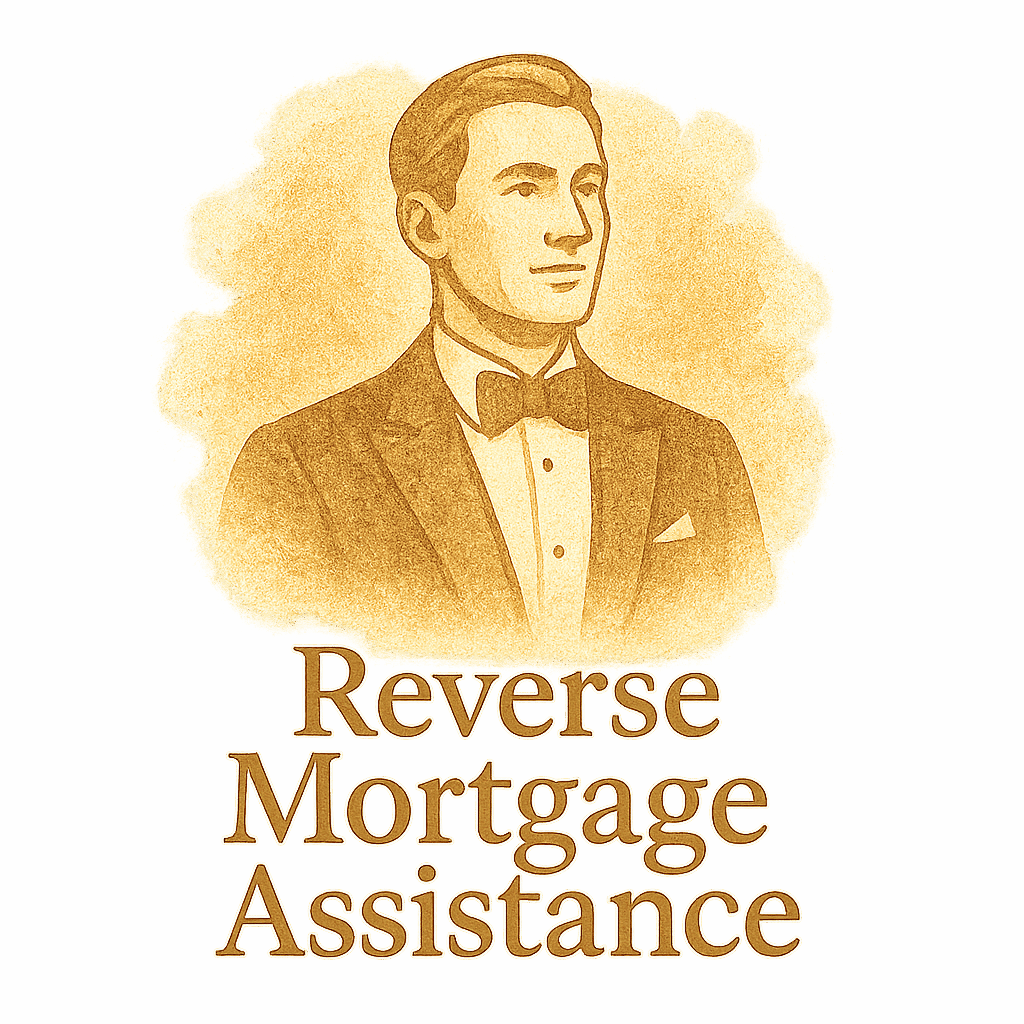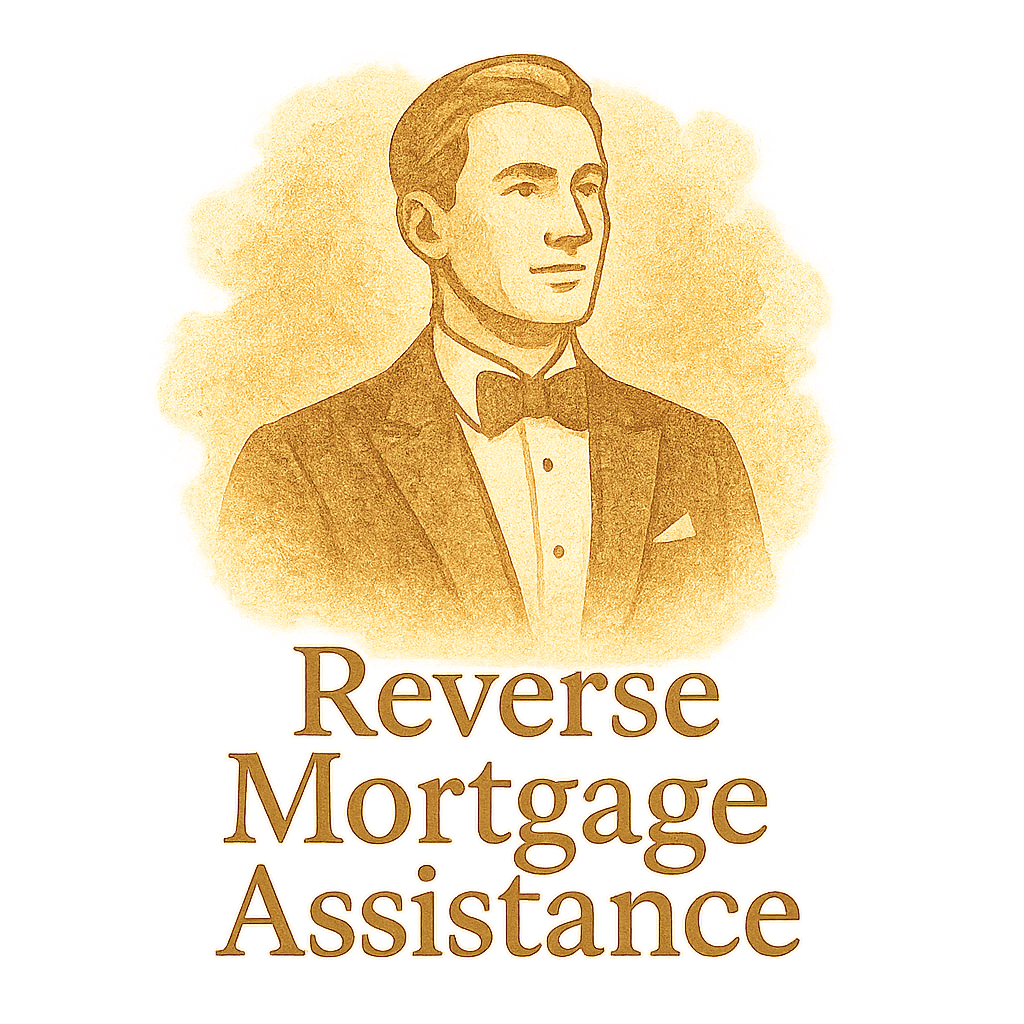Let’s be honest—when someone even mentions the term “reverse mortgage,” people either roll their eyes or instantly assume it’s a scam targeting seniors. But that’s where the problem lies: assumptions. The truth is, reverse mortgages are widely misunderstood and, in many cases, unfairly demonized.
Let’s bust through the fog and uncover the 7 most common lies about reverse mortgages—and why they seriously need to stop.
What Is a Reverse Mortgage, Really?
Reverse mortgages are home loans designed specifically for seniors aged 62 and older, allowing them to convert part of their home equity into cash. Unlike traditional loans, you don’t make monthly payments. Instead, the loan is repaid when the homeowner moves, sells, or passes away.
Want a deeper dive into the mechanics? Check out the fundamentals here: Reverse Mortgage Basics
Debunking the Basics
Before we get to the myths, let’s lay the groundwork. Reverse mortgages are not free money, and they’re certainly not for everyone. But with the right information and planning, they can be a powerful tool.
Explore planning strategies: Mortgage Planning
Lie #1: You Lose Ownership of Your Home
Ever heard someone say, “You’re giving your home to the bank”? That’s flat-out wrong.
The Truth: You Still Own It
With a reverse mortgage, you retain ownership of your home. The lender places a lien—just like with a traditional mortgage—but the title remains in your name.
Learn more about legal protections here: Legal & Regulatory Info
Want to understand the jargon? Here’s a helpful tag for you: Legal Terms
Lie #2: Reverse Mortgages Are Only for Desperate Seniors
This myth is not just untrue—it’s also insulting.
The Truth: It’s a Financial Tool, Not a Lifeboat
Plenty of financially savvy retirees use reverse mortgages as part of a broader strategy to preserve assets or delay drawing on their retirement funds. It’s about flexibility, not desperation.
Retirement and mortgage? They can work together: Retirement
Lie #3: Heirs Get Nothing After You Pass Away
Another fear-inducing myth. It makes people believe they’re disinheriting their children. Not true.
The Truth: Your Equity Can Still Be Passed On
After the loan is repaid—either by selling the home or using other funds—any remaining equity goes to your heirs. The key is planning ahead and knowing your loan comparison options.
Browse related advice here: Loan Comparison Tag

Lie #4: Reverse Mortgages Are a Scam
This one is everywhere. Just because something sounds different doesn’t make it shady.
The Truth: They’re Federally Regulated
Most reverse mortgages are insured by the Federal Housing Administration (FHA). That means strict rules, oversight, and consumer protections.
Need proof? Take a peek at the Legal & Regulatory Overview
Lie #5: You Can Be Forced Out of Your Home
Sounds scary, right? But it’s only partially true—and only if you neglect responsibilities.
The Truth: As Long as You Follow the Rules, You Stay
Pay property taxes, keep up with maintenance, and live in the home as your primary residence—and you’re golden.
For success stories, visit: Mortgage Case Studies
Lie #6: You Can’t Use the Money However You Want
People think the funds are restricted to medical bills or specific needs.
The Truth: Your Funds, Your Choice
Want to travel? Renovate your kitchen? Help grandkids with college? It’s your equity. Spend it how you want—responsibly.
Explore how others used theirs: Outcomes
Lie #7: All Reverse Mortgages Are the Same
Nope. Not even close.
The Truth: You Have Options
There are fixed-rate loans, lines of credit, lump-sum payments—you name it. Every borrower has unique needs, and there’s a solution for each.
Curious about which fits you best? Use this Loan Comparison Tool
How to Separate Truth from Hype
Seek Advice, Not Opinions
There’s a mountain of bad info out there. Don’t rely on social media hearsay. Talk to certified reverse mortgage counselors or visit trusted sources.
We recommend starting with: Mortgage Myths & Truths
Final Thoughts: Education Empowers Better Decisions
Reverse mortgages aren’t magic wands. But they aren’t monsters either.
When you separate fact from fiction, you get empowered to make better financial decisions that suit you, not someone else’s opinion.
If you’re considering a reverse mortgage, don’t go it alone. Start by reading the basics, planning smartly, and comparing loans. Here’s your starting point: ReverseMortgageAssistance.com
FAQs About Reverse Mortgages
1. Is there a minimum age to get a reverse mortgage?
Yes, you must be at least 62 years old.
2. Can I sell my home if I have a reverse mortgage?
Absolutely. You can sell your home at any time. The loan balance will be paid off from the proceeds.
3. What happens if I outlive the loan amount?
You won’t owe more than your home is worth, even if your loan balance exceeds that amount.
4. Are reverse mortgage proceeds taxable?
Nope! It’s considered a loan advance, not income.
5. Do I need good credit to qualify?
Not necessarily. The focus is on your ability to pay taxes and insurance, not your credit score.
6. Will my heirs be saddled with debt?
No. They can choose to repay the loan or let the lender sell the home. They won’t owe more than the home’s appraised value.
7. Where can I learn more with trustworthy information?
Start here: ReverseMortgageAssistance.com


